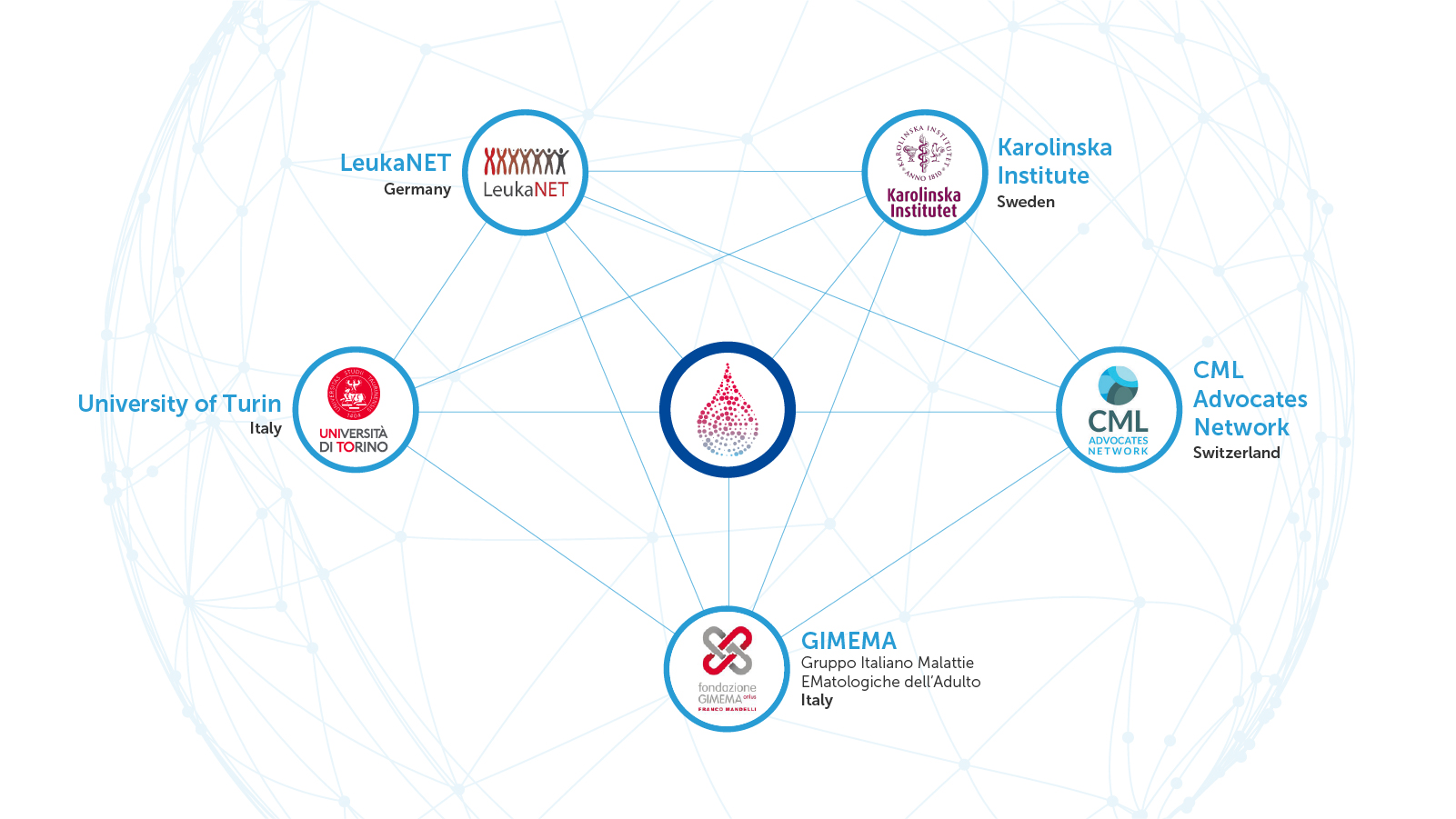Home> Research Projects> CML-5: Prevalence of clinically relevant problems and symptoms in patients with CML
Chronic myeloid leukemia (CML) is a chronic malignancy which is characterized by the BCR-ABL fusion protein. Despite the development of tyrosine kinase inhibitors (TKIs) targeting BCR-ABL as effective treatment options for CML, adverse events (AEs) associated with TKIs are common to all (e.g., fatigue) and some are specific to a given drug. Resistance and intolerability to TKIs is also reported, with resistance differing between first-line and second-line treatment. For example, resistance to imatinib (a commonly-used TKI) occurs in approximately 10-15% of patients in the first-line treatment, while less than 10% of patients develop resistance to second-generation TKI (2G-TKI) treatment; although higher AE rates have also been reported with 2G-TKI treatment.
In light of this, increased assessment of the effects of first-line therapies may improve knowledge on currently used TKIs and dosages which, in turn, may enable the improvement of the current care system and patient treatment. Furthermore, some important patient needs remain unmet in CML including a lack of understanding of patient views surrounding disease burden and treatment.

This research aims to reach a better understanding of the expected symptoms and side effects of different therapies in CML patients, specifically to optimize the outcome of TKI treatment. Higher rates of AEs have previously been reported with second-generation TKI treatment, with some AEs common to all, but some of which are specific to a given drug which plays an important role in therapy selection.
The proposed approach is to collect individual patient data in CML datasets on a large scale, and characterize the disease burden and treatment across different patient subgroups through the HARMONY Alliance Big Data Platform. Factors such as sex, age group, disease stage, type of TKI and geographical region will be taken into consideration.
This research will importantly provide a wider knowledge of TKI-associated side effects which have a direct impact on patient management in balancing the risk-benefit ratio in maintaining life-saving cancer therapies.